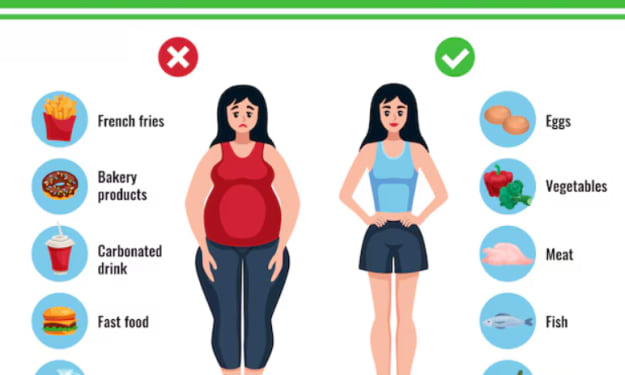
There have been some dreadful excuses offered over time. It's all too simple to give a poor apology, ranging from the traditional non-apologies to evasive explanations and flimsy corporate promises. However, researchers have discovered that effective apologies typically share a few characteristics, and carefully taking these things into account can help you make amends in a wide range of circumstances. We're going to concentrate on a few person-to-person examples because public apologies have special challenges of their own. Imagine that your new workplace offers free ice cream sandwiches in the break room refrigerator. At least, that's what you thought. But on Friday, as you work with Terence to prepare for a coworker's birthday party, Terence discovers that only half of the ice cream he purchased is left. Even though this is undoubtedly an embarrassing accident, it is still appropriate to come forward and apologize.
The "centerpiece of an apology," according to some researchers, is realizing and taking responsibility for your mistakes. The costly nature of apologies is part of what makes them meaningful. But it's okay if this feels difficult and vulnerable—it's supposed to be. It's crucial to keep in mind that a good apology isn't about making you feel better, despite the temptation to explain away your actions as unintentional. In order to mend the relationship's damage, you must try to understand the other person's point of view. This means that, even though explaining your goals in a non-defensive manner can be useful, the fact that your error was an accident shouldn't excuse you from making a sincere apologies. Consider this: You promised your friend Marie that you'd go to her championship football game, but what if your mistake wasn't an accident? However, a different friend just gave you a call and offered you a spare ticket for the farewell tour of your favorite performer. You are aware that this opportunity is unique and that you must seize it. You also reason that Marie wouldn't mind if you missed the game because she always has a large fan base.
Marie, however, claims that she was deeply hurt when she didn't recognize you in the crowd the following day. Sincere apologies are in order because you feel awful for upsetting her. While you are sorry that you hurt Marie, you are not certain if you made the right decision. In these circumstances, it can be easy to concentrate on justifying your actions when you should be working to understand the other person's perspective. So how can you move past that terrible non-apology, "I'm sorry YOU feel this way"? To better understand your offense, you might think about asking Marie how you made them feel. If you broke your promise, Marie might say that you disappointed her because she was counting on your support. This level of clarity can assist you in recognizing your wrongdoing and openly accepting the damage your actions caused. Then you can tailor your apology to specifically address her concerns, perhaps by acknowledging that breaking your promise was wrong and that you're sorry you couldn't be there for her. Marie may have more faith in your future behavior if you openly admit to wrongdoing because it shows that you are aware of exactly how you went wrong.
However, it is always beneficial to spell out precisely what you'll do differently and what you'll do to make up for the harm your offense caused.This is known as the "offer of repair" by researchers, and it is frequently regarded as one of the most important components of an apology. A simple example of one of these gestures is the offer to replace the ice cream you just consumed. With less obvious offenses, this might need to be more symbolic, such as showing your love and respect for the person you wronged. Verbal promises to avoid making the same mistake again are a typical form of repair, but these promises only hold true if you follow through on them. One or more of the components of a strong apology include taking the victim's point of view, accepting responsibility, and putting forth specific offers of repair. Apologies, however, should focus on expressing regret and accepting responsibility rather than obtaining forgiveness and moving on. Even the best excuses are only the first step toward mending fences.
About the Creator
Enjoyed the story? Support the Creator.
Subscribe for free to receive all their stories in your feed. You could also pledge your support or give them a one-off tip, letting them know you appreciate their work.






Comments
There are no comments for this story
Be the first to respond and start the conversation.